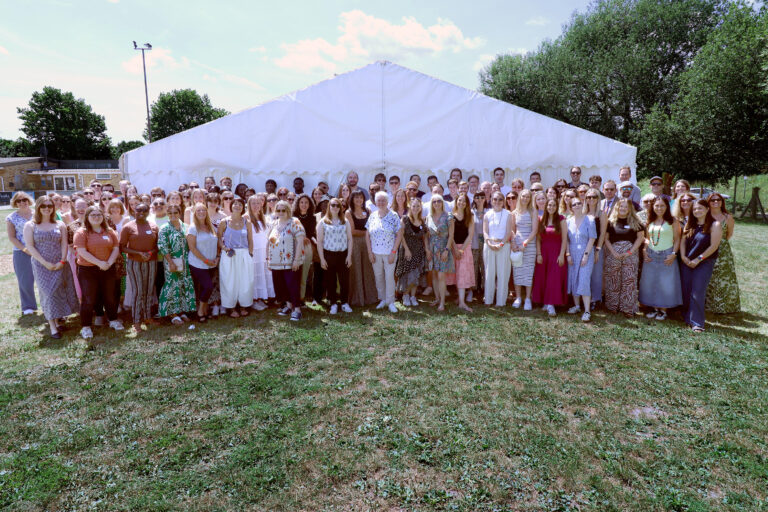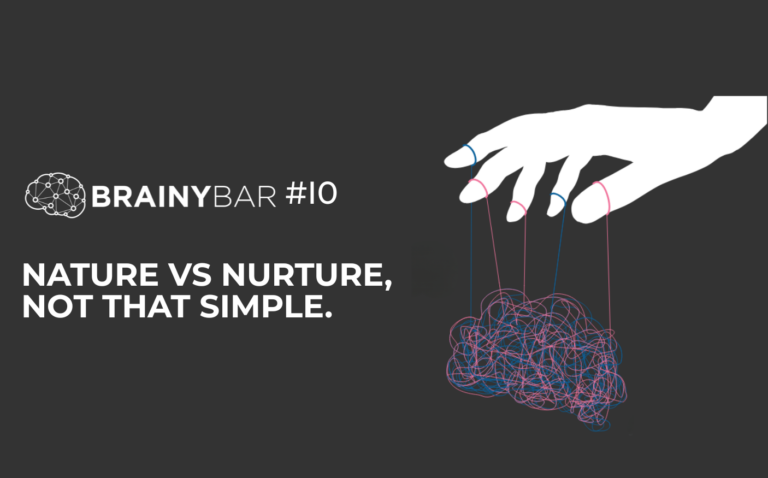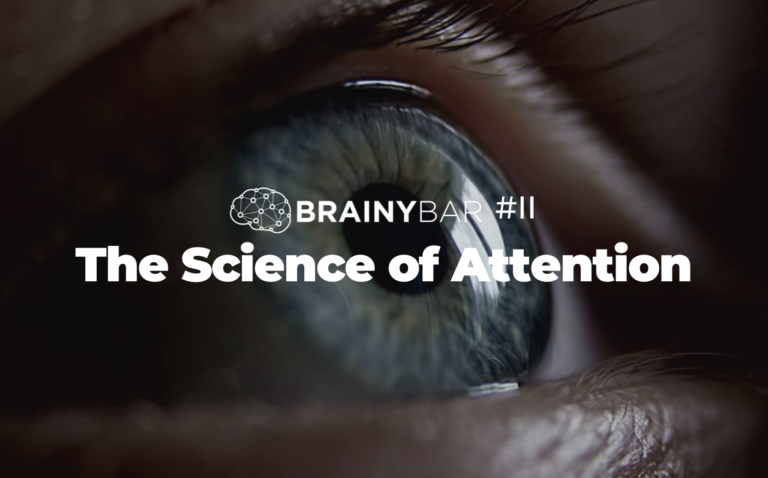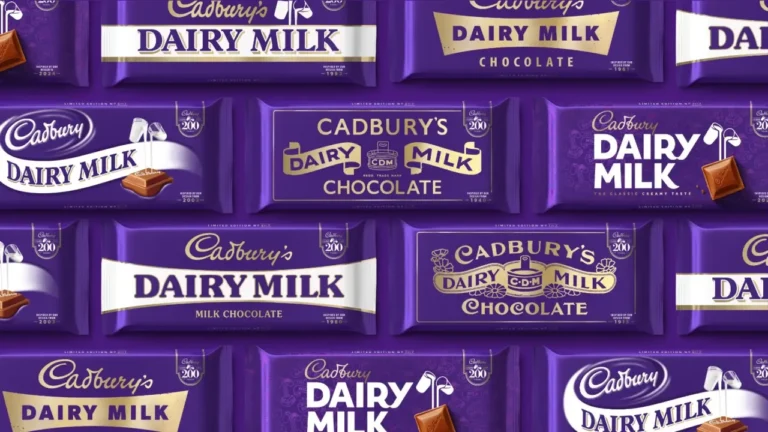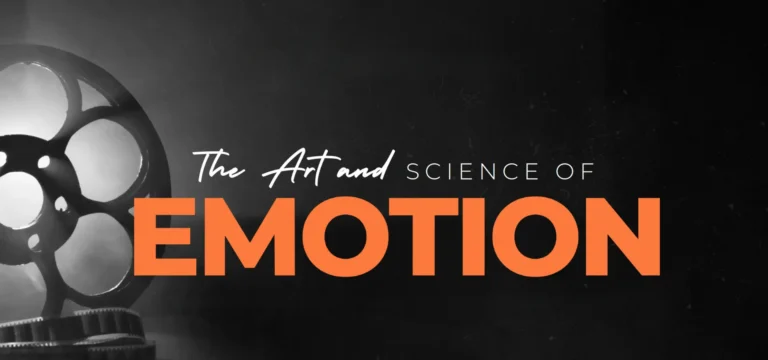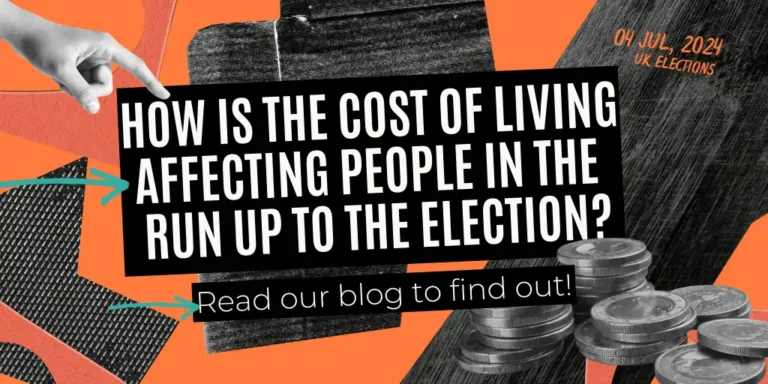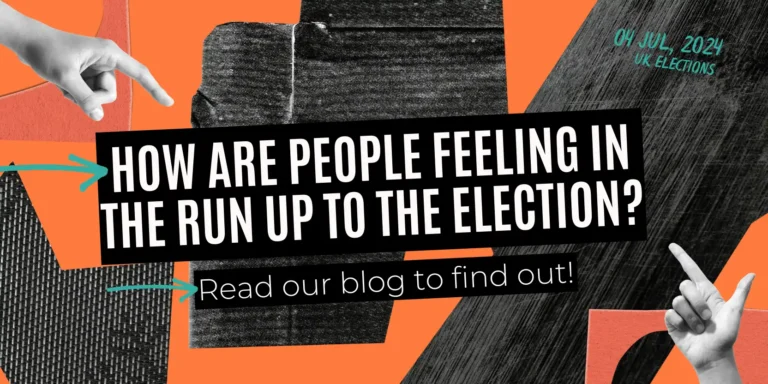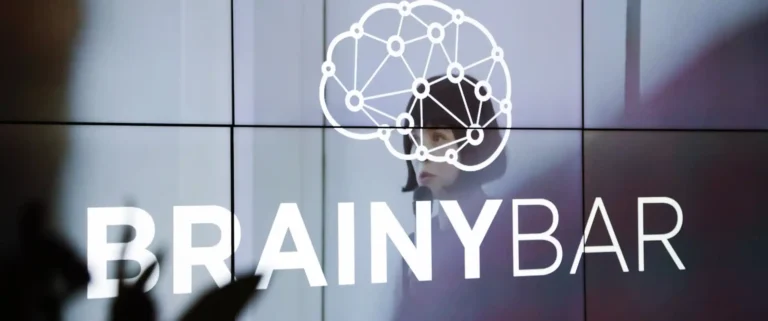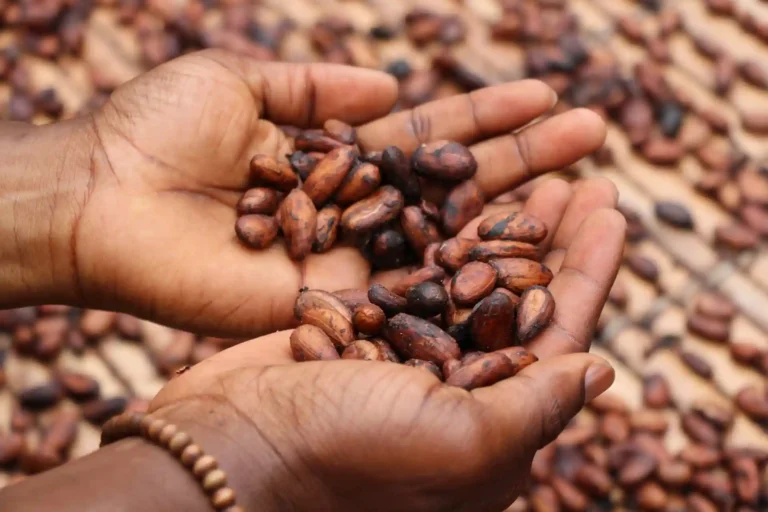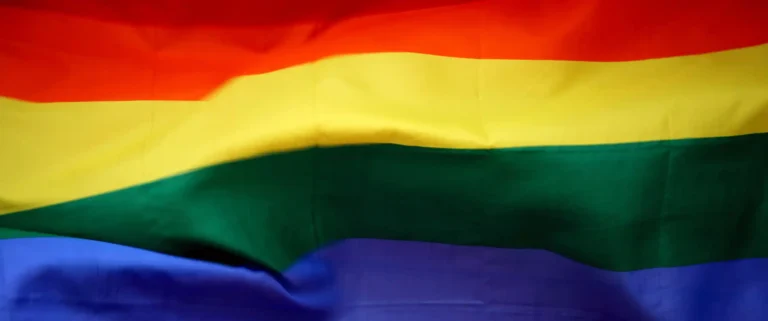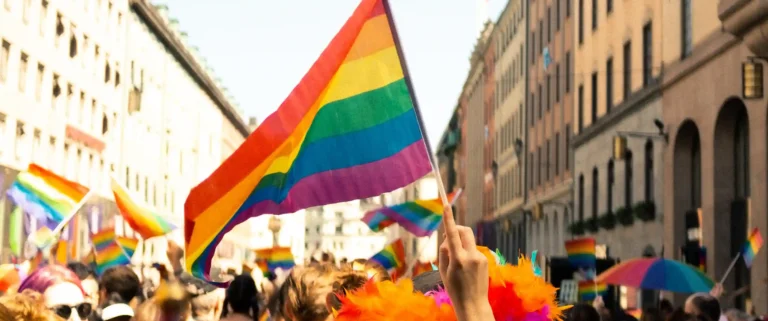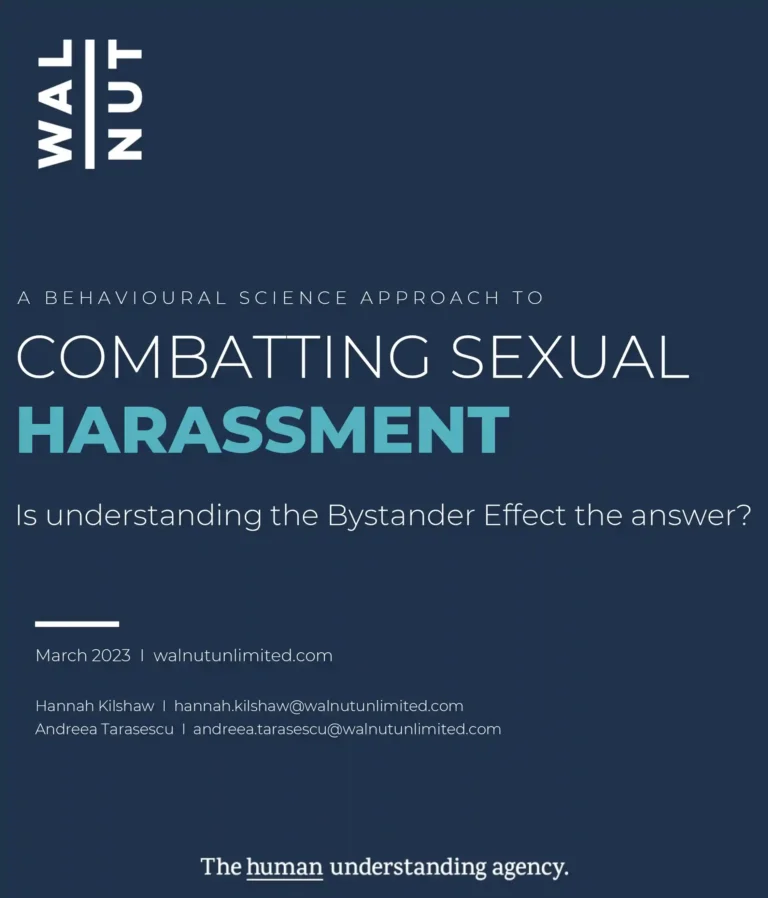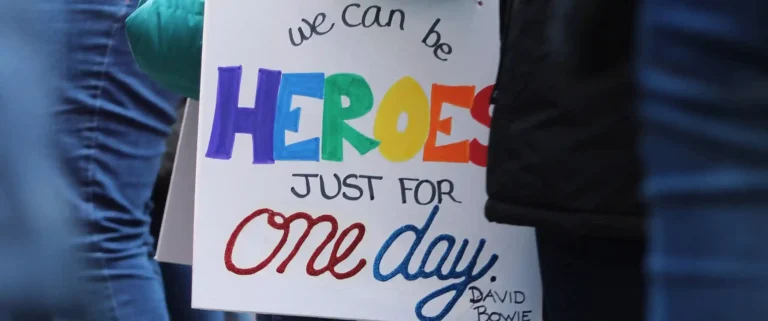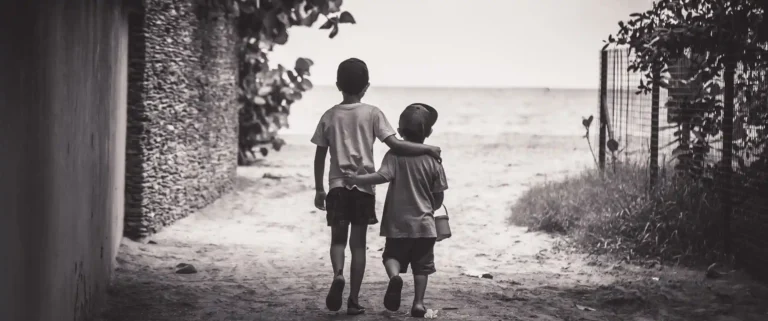Black History Month 2025 : Standing firm in power and pride
27th October 2025
Shanice Omare
October is Black History Month in the UK – a time to acknowledge and celebrate the vital contributions of Black people to British society.
This year’s theme is ‘Standing Firm in Power and Pride’, pointing more specifically to the contributions made by Black people in shaping history whilst also looking to a future of continued empowerment and recognition.
At Walnut, we wanted to understand perceptions around Black History Month, recognised contributions, and how broader views have evolved among the general population. We surveyed a sample of 2,026 nationally representative adults across the country. Some questions matched those asked in previous years, allowing us to track attitudes over time, though notably, perceptions remain largely consistent.
“Black History Month is a period where Black people are acknowledged and appreciated for their achievements, contributions and experiences throughout history in contemporary society.”
(Quotes have been included throughout from the survey based on what comes to mind when people think about Black history)
Cultural contributions are celebrated but often overshadowed by negative events
Important contributions are recognised, particularly when it comes to Black music and popular culture. Seven in ten (71%) feel that Black people have made important contributions to modern British culture and society, aligned with this time last year (72%). And positively, this is something we see consistently across the population regardless of ethnicity (70% White, 74% non-White).
“Black British culture has made significant contributions to the UK’s music, art and literature…”
More specifically, half (51%) rank music and popular culture within the top three areas in which they believe Black people have made the most contributions to British heritage and culture – making it the most recognised category again this year. Interestingly, White people (53%) are more likely than those from ethnically diverse backgrounds to highlight these areas, suggesting a need to expand understanding beyond the mainstream and onto other topics.
This is particularly true given that scientific or technological contributions (9%) and fashion (9%) are the least cited areas, and significantly less so amongst White audiences. With this comes opportunity to broaden representation by expanding awareness beyond the arts and in less visible, entertainment-based spaces.
It also serves as a reminder that allyship isn’t just about enjoying the culture but acknowledging the full breadth of Black contributions to culture and society.
“I think of slavery and historic statues of people who made their wealth from slavery itself.”
What’s more, more than half (56%) of the public believe that Black contributions to the UK are often overshadowed by negative events such as slavery and colonialism, a view shared by both White (56%) and non-White (58%) people. And whilst imperative to recognise and acknowledge these histories, doing so can sometimes distract from the positive influence Black people have had on both historic and contemporary society.
Familiarity with Black history is growing, but deeper understanding is needed
People tend to be familiar with events in Black history, but there’s more to be done to learn and understand broader historical context. Most (80%) have heard of Comic Relief, the British charity responsible for Red Nose Day, set up by Sir Lenny Henry and the screenwriter Richard Curtis. Awareness is interestingly higher (85%) amongst White people vs non-White (66%), possibly reflecting cultural engagement differences.
“I know about the Windrush generation – people from the West Indies coming to the UK.”
Similarly, three quarters (74%) have heard of the Windrush generation, though only a quarter (24%) say they know a lot about it.
And in light of the 60th anniversary of the UK Race Relations act of 1965, six in ten (59%) know about it, but just 17% know much detail. Again, this suggests a potential gap between recognition and understanding. People may know elements of Black history but may not feel fully connected to it.
Perhaps unsurprisingly, knowledge of events or figures in Black British history are significantly higher amongst ethnically diverse audiences, particularly Black / Black British. Around four in ten say they know a lot about abolition of slavery in the British Empire (43%) and about the Windrush generation (42%).
“For me personally, I don’t really think about Black history at all. History is history, to me it’s colourblind.”
Still, four in ten (40%) would like to learn more about Black British history, indicating room for greater knowledge and engagement. Interest is notably lower among White people (36%) compared to non-White communities (64%), which may reflect differences in perceived personal relevance.
Young people champion Black History Month
Young people continue to feel positive about Black History Month and tend to be proactive in amplifying Black voices. Just 44% of the population feel as though there are equal opportunities for Black and White people. Yet despite broader acknowledgment in needing to do more in the interests of equality, there are notable differences in perceptions in Black History Month being a positive event for the UK. Younger people are more likely to believe this is the case (67% of 18-24s and 66% of 25-34s vs 36% of 75+).
“Events are happening in my local area to support ethnic minorities.”
Proactivity is also strong among younger audiences: six in ten (60%) of 18-24s actively want to learn more about Black British history compared to just 20% of those aged 75 and above. And appetite to learn more amongst younger people has also been seen in previous years (60% in 2024, 65% in 2023). 18-24s are also more likely to support Black-owned businesses and initiatives compared to those aged 75 and over (65% vs 43%).
“It’s about celebrating the brilliant things that Black people have done.”
Younger people also recognise that more needs to be done in society to celebrate Black excellence compared to those aged 75 and over (60% vs 29%).
This demonstrates a generational shift toward inclusivity and empowerment with clear momentum to build on, although the results also underpin the importance of bridging any generational gaps that may be unfolding in the process.
An ongoing journey
The continued commitment to educating and the awareness of Black experiences, both past and present, is an essential step in acknowledging and celebrating Black contributions to British society. While progress has been made with awareness and understanding – particularly amongst young people – the work to want to learn and understand more is still very much ongoing.
“A subject that shouldn’t be relegated to once a year”
By centring storytelling, education, and media on the positive stories of Black influence, we can move beyond one-off celebrations toward year-round curiosity and learning journeys, transforming Black History Month from an annual tribute to a sustained movement of recognition and progress.
NEWSLETTER
Sign up for the latest treats straight to your inbox





